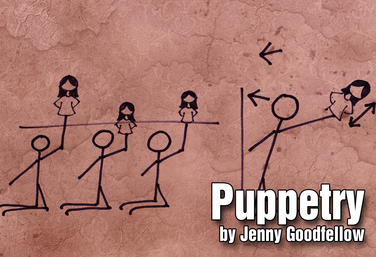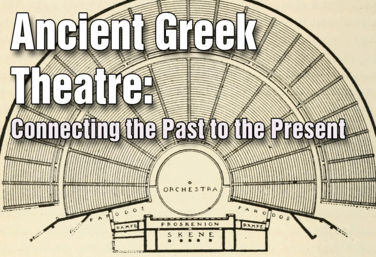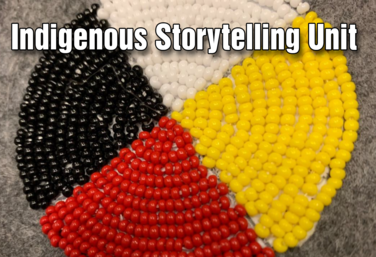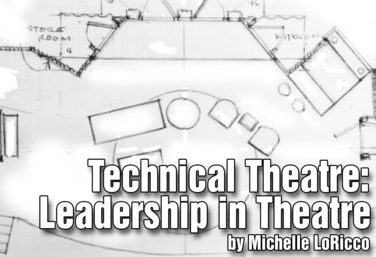Florida Sunshine State Standards
Critical Thinking & Reflection
View all Standards for Florida Sunshine State Standards
TH.68.C.1.6 Analyze selections from the canon of great world drama as a foundation for understanding the development of drama over time.
Puppetry
by Jenny Goodfellow
This unit on Puppetry is designed for middle school and up, to introduce students to the material and get them comfortable with performing in a safe and low exposure environment.
This is a unit that builds to a culminating experience for your students. Each lesson is designed to explore techniques, provide opportunities for creative collaboration among your students, and give them opportunities to perform. Some of the lessons require materials to build or create puppets. Puppetry can be as easy as drawing a face on your finger for finger puppets, to actually purchasing your own finger puppets for students to use.
While the focus of this unit is puppetry, your students will explore other skills as well. There’s the obvious ones of creative thinking, teamwork, and problem solving. They are also going to explore storytelling, performing skills, and playwriting.
Read More...
Read Less...
Ancient Greek Theatre
by Lindsay Price
In studying Ancient Greece, we’re looking at the foundations of theatre as we know it today. Without the Ancient Greek Era, we do not get actors, theatres, plays, and the definitions of tragedy and comedy.
The issue with studying theatre history, or anything historical is that it can become an exercise in memorizing dates and reciting facts. When the truth of the matter is no one in the 21st century benefits from learning by rote. This is especially true when studying history in the framework of a drama classroom. We need exercises that bring history to life, instead of having students plot dates on a timeline.
To that end, this unit does not focus on dates and data. The essential question for the unit is how can we connect the past to the present and this question is explored through the theatricalization of information. Students will access all four 21st century skills, critical thinking, creative thinking, collaboration and communication as they explore this amazing world.
Reflections, exit slips, and rubrics are included throughout the unit as well as a mid assignment evaluation for the culminating project.
Read More...
Read Less...
Indigenous Storytelling Unit
by Allison Green
This Indigenous Storytelling unit is brought to you in a different format than a traditional lesson plan. It uses a learning circle format. It was developed by Allison Green, a member of the Algonquin Band of Mattawa Ontario, who is also the author and instructor of the DTA course Approaching Drama Class with an Indigenous Perspective.
Students will discuss origin stories, research the background and land connection of a variety of Indigenous creation stories, create a plot graph of their story, share with the class what they have learned, and then retell the story in their own words. Once students have practiced this process, they will repeat the steps with an Abenaki creation story: Research | Recreate | Understand.
Read More...
Read Less...
Introduction to Technical Theatre: Flipped Learning
by Lindsay Price
When an audience watches a piece of theatre, they never see what goes on behind the scenes or know the people who work to make the production look its best. But theatre is a collaboration between what happens onstage and off.
This flipped learning unit will introduce students to the world of technical theatre. Through video, they will learn information on specific technical theatre roles and how they work together, types of stages, parts of a theatre and stage geography, and then apply this knowledge through in-class active-learning exercises.
For example, students will take on the role of a producer and decide how a budget will be divided among different departments. They will practice the calls a stage manager uses. The culminating assignment has students solve a common technical theatre issue: to design, create, and implement a solution for a unique stage direction in a play.
Read More...
Read Less...
Technical Theatre: Leadership in Theatre
by Michelle LoRicco
This Technical Theatre unit is designed to empower student leaders to analyze management roles in producing theatre while also using collaborative activities and reflection exercises to strengthen soft skills that every student should have. The unit covers the roles of producer, director, technical director, and stage manager, and ends in a culminating project.
Read More...
Read Less...
View all Standards for Florida Sunshine State Standards Standards Master List
© Copyright 2015-2025 Theatrefolk




